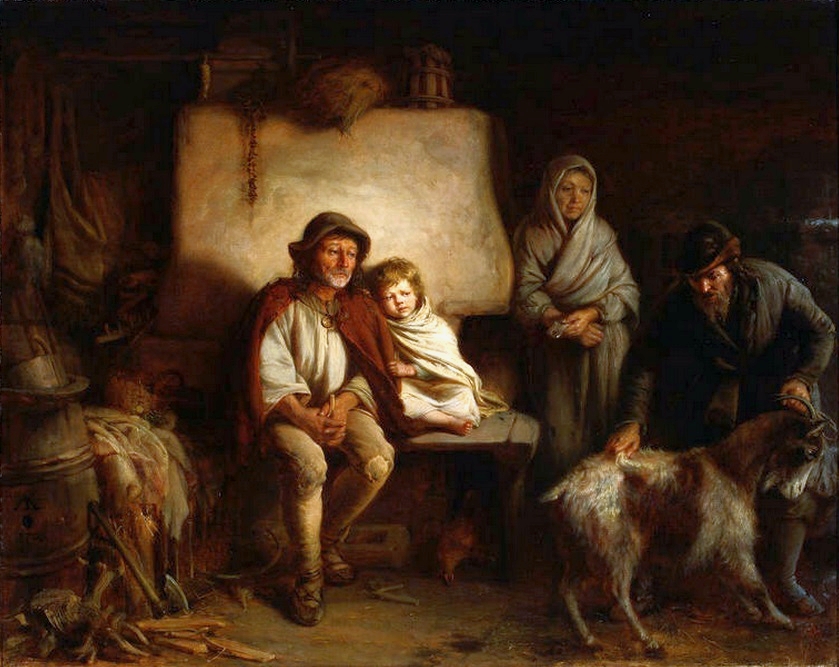Odola
Well-Known Member
I just wanna point out that Tolkien connecting dwarves and jews in is mind is from a much later period. In his early writings the Dwarves are very norse, right out of the Eddas, they are a shady, untrustworthy, unfriendly folk, great artists and craftsmen no doubt, but also of very questionable character.cruel,warlike, treacherous.
His only few writings where he likens dwarves and jews are from the later period, and that is the time he had invented khuzdul and adunaic and based both on semitic languages, and it is the time he had invented the dwarven diaspora and the name "Moria".Analogies between numenorean religion and Judaism would interest me alot personally.
Just my 2 cents...
Yeah, as far I remembered, I have only referred to him basing Khuzdûl on Hebrew and as such as having some basic knowlegde of it, and knowing his view on the importance of placing and viewing a language in the context of its human culture I assumed it not being uneasonable for him to have tried to gain some information of the context this language has been used in and about the people who used it. So I do not think Tolkien having at least some knowledge of this context is unreasonable to assume even if I would not enter into speculate how for his knowledge went. But to assume a priori he could have none - I would be rather careful with that assumption.

